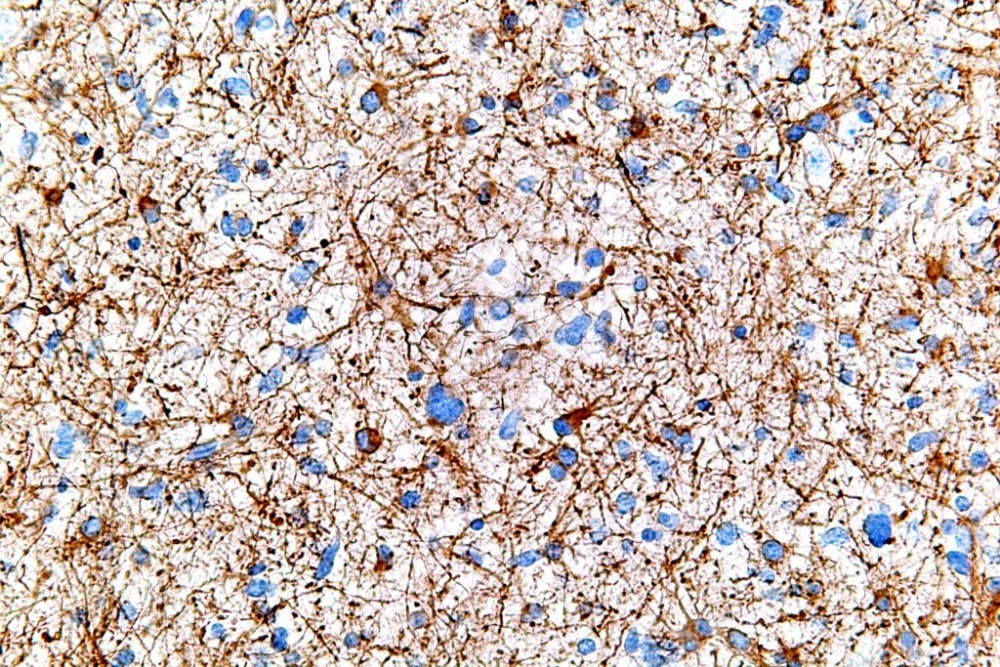On March 19 the U.S. Center for Disease Control and Prevention (CDC) issued a Level 2 travel notice for those who plan to visit regions afflicted with Zika virus, encouraging travelers to practice enhanced precautions. These warnings about the Zika virus are growing alongside new evidence that causally links Zika virus to microcephaly, a condition that hinders brain development.
Patients with Zika virus can have a range of symptoms including fever, rash, joint pain and headache. However, the onset time for these symptoms is often days after the disease has been contracted. In addition, the virus can remain in the blood for a week, during which the virus can be transmitted to other people by the Aedes aegypti mosquito as well as through sexual contact. Currently there is no treatment or vaccine for this disease.
Recently this disease captured the attention of researchers because of its effect on northeastern Brazil. Many newborn babies in this region have been diagnosed with microcephaly.
Patients with microcephaly have smaller head circumferences, usually with a cutoff size of less than 31.9 to 31.5 centimeters. The prevalence of microcephaly is 0.6 for every 10,000 births in places without Zika virus but the number rises substantially in places where it is present. Some northeastern Brazilian towns such as Pernambuco and Paraiba have more than 10 cases of microcephaly per 10,000 births.
This correlation between microcephaly and Zika virus points to the possibility the virus can cause severe brain damage in babies. As a result, the CDC has issued warnings to pregnant women traveling to regions with Zika virus. However, there was little research to support the claim that Zika causes microcephaly until a group of scientists from Johns Hopkins, Florida State and Emory Universities discovered that the virus affects a type of brain tissue. In laboratory experiments, researchers found that Zika virus can destroy and disrupt the growth of neural progenitor cells, which are responsible for the development of the nervous system. In these experiments, the virus infected the majority of the neural progenitor cells resulting in the death of one-third of the cells. The virus is also able to invade other tissues such as kidney cells and embryonic stem cells, although to a lesser degree.
Despite this potential explanation of the link between Zika virus and microcephaly, researchers warn there has been no definitive evidence the Zika virus causes microcephaly. Additional research could be done to further explore the impact of Zika virus on human health. Researchers are also unable to explain the method with which the virus targets neural progenitor cells.
Other countries in the Americas and the Caribbean have faced many cases of Zika virus in late 2015 and early 2016 including more than 50 cases in the U.S., but these countries have not observed any increases in the prevalence of microcephaly. Most countries, however, expect an increase in microcephaly to begin in two or three months, and researchers there are planning studies on birth defects. This additional data should provide more information to researchers who are investigating the extent of the link between Zika virus and birth defects. Before more research is available, countries around the world are urging caution and advocating for the protection of pregnant women from mosquito bites.

















